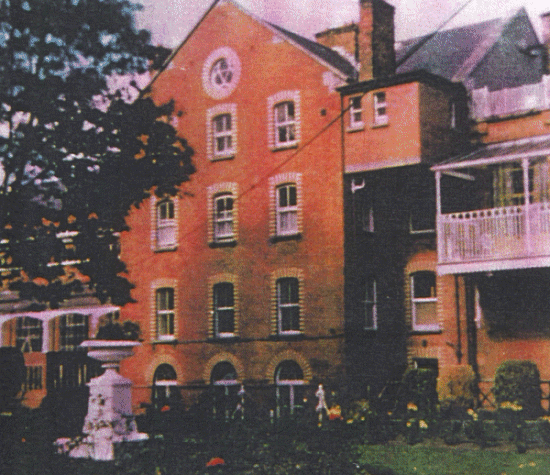Irish Legal Heritage: Interpretation of the term ‘family’ in the Constitution

Image of St Patrick’s Home, Navan Road, Dublin provided by Adoption Rights Alliance
In the State (Nicolaou) v An Bord Uchtála, the Supreme Court heard the case of an unmarried father who sought an order of certiorari to quash an adoption order made by An Bord Uchtála.
Mr Nicolaou, a Cypriot national living in London, had been in a relationship with Ms Donnelly and they lived together in London when their daughter was born there in February 1960. The Court heard that Ms Donnelly was upset that the child was illegitimate, and was not prepared to continue living with Mr Nicolaou unless as his wife.
Ms Donnelly returned to Ireland with the couple’s daughter in June 1960, and they were admitted to St Patrick’s Home, Navan Road, Dublin (pictured) which was owned by Catholic Protection and Rescue Society. In September 1960, Ms Donnelly apparently requested for the Society to find a home for the baby, which took it into their custody. Thereafter, Ms Donnelly returned to live with her parents in Galway.
In 1961, the child’s adoption was finalised, however Mr Nicolaou was only informed of this when Ms Donnelly returned to London in 1963. Mr Nicolaou objected to the adoption which had been arranged without his consent, though it was found that he had no right to contest the adoption order or even be heard by An Bord Uchtála.
In both the High Court and the Supreme Court, it was found that the protection of the family under Article 41 of the Constitution did not extend to ‘extra marital’ units, and therefore Mr Nicolaou was not entitled to protection under the Constitution.
In the Supreme Court, Walsh J stated: “It is quite clear from the provisions of Article 41, and in particular section 3 thereof, that the ‘family’ referred to in this Article is the family which is founded on the institution of marriage and, in the context of the Article, marriage means valid marriage under the law for the time being in force in the State.”
As such, it was found that Mr Nicolaou did not have any natural rights to custody of his child.











